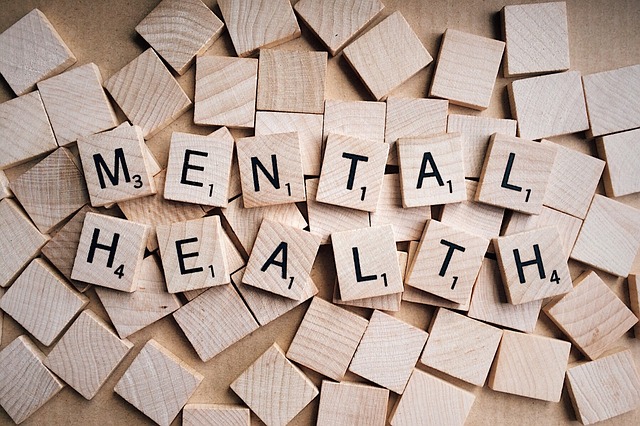Similar headlines tend to pop up after every mass shooting: “Gun ownership not to blame, but mental illness,” or “Man who purchased 12 assault rifles also once had anxiety, kinda.”
If you’re not someone who has ever suffered from a mental illness, pretend for a moment. Sit and imagine that you have schizophrenia, depression or clinical anxiety. Now imagine there’s a gaggle of self-proclaimed pundits in the paper, on television and on Twitter, and all of them are demonizing you.
You are a danger to society. You need to be watched. We need to stop you from doing any more harm. It’s up to us, the “normal” people, to stand up and make sure that you, the sick person, don’t hurt anyone.
Mental illness affects 18.5 percent of American adults or approximately 60 million people, according to a 2017 study by the National Alliance on Mental Illness. In a culture chock-full of misinformation about mental health, we choose to ignore that only 3 to 5 percent of crimes in America are committed by those with serious mental illnesses, according to a 2013 study by the Department of Health and Human Services.
If this is the case, should mental illness really dominate such a significant portion of the gun violence debate?
The fatal flaw is the division that accompanies discussions about mental health. The concept of us versus them – that there is some innate conflict between those with mental disorders and those without them. This adds to the long list of reasons why people suffering from mental disorders often never receive the help they need and deserve – the help that many gun violence apologists seem to advocate.
Take a look around you – your family, your friends, your coworkers and your classmates. Some of them struggle with mental illnesses. If society threatens to dehumanize these people, strip them of their “normal” status, why would they ever tell anyone about the struggles they face? What reason would they have to speak up about how they are portrayed with regards to gun violence?
They deserve your respect, maybe even admiration. They live life either classified as “broken,” lost causes or ticking time bombs – all while enduring profound and often hidden mental suffering.
The battle to eradicate the mental health stigma is an uphill one. Speak about mental illnesses the same way one would a physical illness – openly and without apology. Listen to people with these conditions, and hand them the microphone on this issue. Take measures to separate the disorder and the person afflicted. Most importantly, show genuine empathy.
Make no mistake – America does need to comprehensively reform treatment for mental illness. But using this issue as a go-to deflection for the pervasive problems that plague America’s violent nature is not just disrespectful but downright irresponsible.
Whenever the next tragedy occurs, don’t ask yourself “Which mental disorder do they have?” Instead, ask “How can we stop this from happening?”
Jason Donnelly is a freshman majoring in instrumental performance.
Featured photo courtesy pixabay user wokandapix.






